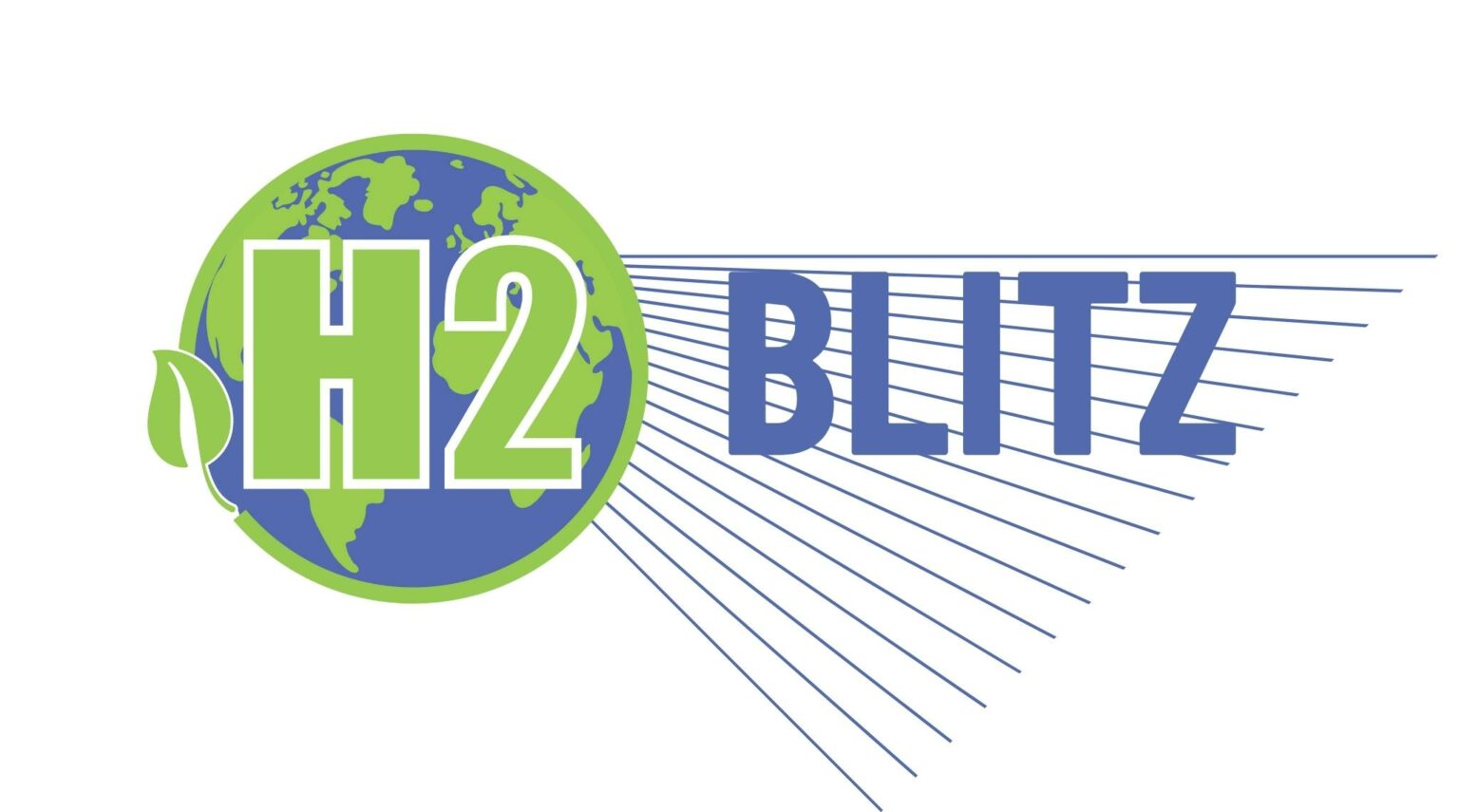SoCalGas presents hydrogen fuel cell electric cars at World Ag Expo
At the World Ag Expo, Southern California Gas Company (SoCalGas) introduces a ground-breaking project that has two hydrogen fuel cell electric cars with no emissions. The centerpiece is a Toyota-powered Class 8 T680 hydrogen fuel cell electric vehicle (FCEV), showcasing the company’s ambition to having a fleet that is 100% emission-free by 2035. With a 450-mile range on a single hydrogen fill, it provides a practical and environmentally friendly long-distance driving option.
Successful pilot initiatives have paved the way for commercialization. At the Port of Los Angeles, Kenworth and Toyota concluded a pilot project using T680 hydrogen FCEV trucks, showcasing the viability and efficiency of hydrogen technology in practical settings.
Hyzon Motors and New Way Trucks to develop garbage collection vehicle driven by hydrogen
A joint development agreement (JDA) has been reached between Hyzon Motors, based in Rochester, New York, and New Way Trucks, located in Scranton, Iowa, to develop a garbage collection vehicle driven by hydrogen fuel cells for the North American market.
The JDA is being planned to deliver trials of hydrogen fuel cell waste and recycling collection trucks in the first half of this year, according to Hyzon, a global provider of what it calls zero-emission heavy-duty fuel cell electric vehicles (FCEVs) and creator of hydrogen fuel cell technology.
In order to “develop a sustainable refuse collection solution,” Hyzon and New Way will combine their expertise through the supply and integration of Hyzon’s fuel cell technology and integrated powertrain, while New Way will supply and integrate the Sidewinder XTR automated side-load refuse body prototype.
HAV Hydrogen gets funding for full-scale prototype of Zero Emission Pod system
HAV Group subsidiary HAV Hydrogen got NOK 12.4 million (approximately $1.18 million) from Innovation Norway to build, test, and certify a full-scale prototype of the Zero Emission Pod containerized hydrogen (H2) energy system for ships.
A deck house with numerous fuel cells, a hydrogen distribution system, control and safety system with an emergency shutdown system, ventilation, cooling, and DC/DC power distribution, the Zero Emission Pod is complete.
HAV said creating and testing a full-scale prototype is a continuation of DNV’s agreement in principle (AiP) last year. Prototype testing will improve technology readiness and de-risk the solution for shipowners.
HysetCo expands into light utility vehicle rentals
Leading France’s first network of hydrogen distribution stations, HysetCo is now expanding into light utility vehicle (LCV) rentals. The young startup that specializes in light hydrogen mobility is providing enterprises with a “full service” leasing option.
This new offer is unprecedented in France and is intended to help professionals who are “greening their fleet” move more quickly toward zero-emission mobility.
For this reason, HysetCo provides experts with a full fleet management and rental solution for hydrogen-powered cars. Provisioning of the vehicle, insurance, maintenance and repairs, relay cars, and handling of procedures related to the administration are all handled by the start-up.
ABB engineer helps pupils prepare for Horizon Hydrogen Grand Prix
ABB Engineer Carlos Godoy visited Foxwell State Secondary College last week to help pupils prepare for Australia’s inaugural Horizon Hydrogen Grand Prix. ABB and Horizon Educational partnered to give students the chance to study renewable energy and build technical skills to decarbonize Australian energy production.
ABB Engineer Carlos Godoy visited Foxwell State Secondary College last week to help pupils prepare for Australia’s inaugural Horizon Hydrogen Grand Prix. ABB and Horizon Educational partnered to give students the chance to study renewable energy and build technical skills to decarbonize Australian energy production.
TÜV SÜD accredited for hydrogen testing and certification
TÜV SÜD, a worldwide powerhouse with over 26,000 people in 50 countries, is ISO 22734:2019-accredited for hydrogen system testing and certification. This critical milestone occurred February 12, 2024.
ISO 22734:2019, an international standard, sets strict design, safety, and performance requirements for water electrolysis-generated hydrogen generating systems. TÜV SÜD’s new accreditation as an independent testing service provider allows it to offer hydrogen system manufacturers and operators a one-stop solution for standard compliance and product safety and dependability.
Seoul city subsidizes hydrogen vehicle purchase
The Seoul city government would halve hydrogen vehicle prices by subsidizing up to 32.5 million KRW (about $27,300 USD). Seoul’s ambitious plan to convert 1,300 city, commuter, and airport buses to hydrogen power by 2026 includes an investment of 16.6 billion KRW (about $14 million USD) this year to supply 102 hydrogen passenger cars and 42 hydrogen buses.
Seoul will welcome hydrogen vehicle purchase support applications on February 13. The subsidies and tax incentives allow purchasers to buy hydrogen vehicles for approximately half the cost, usually 70 million KRW ($58,900 USD). Seoul residents, businesses, and organizations that have lived or registered in Seoul for at least 30 days can qualify for the subsidy. One vehicle per person, 20 per business or organization. Hyundai Motor’s mid-sized SUV Nexo receives this support.
